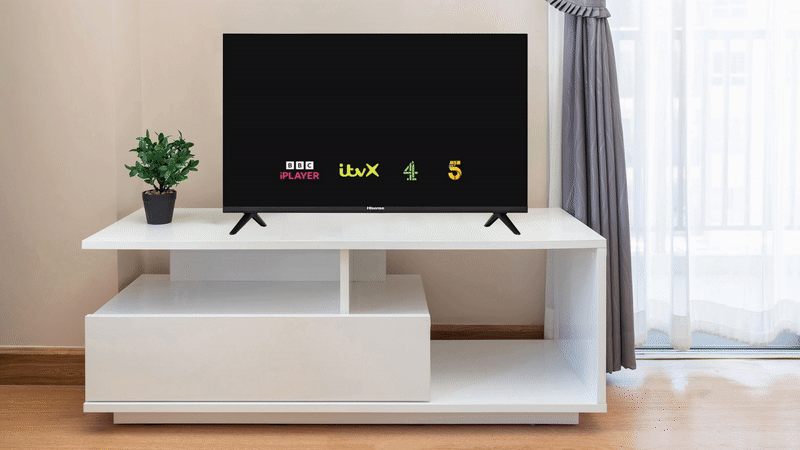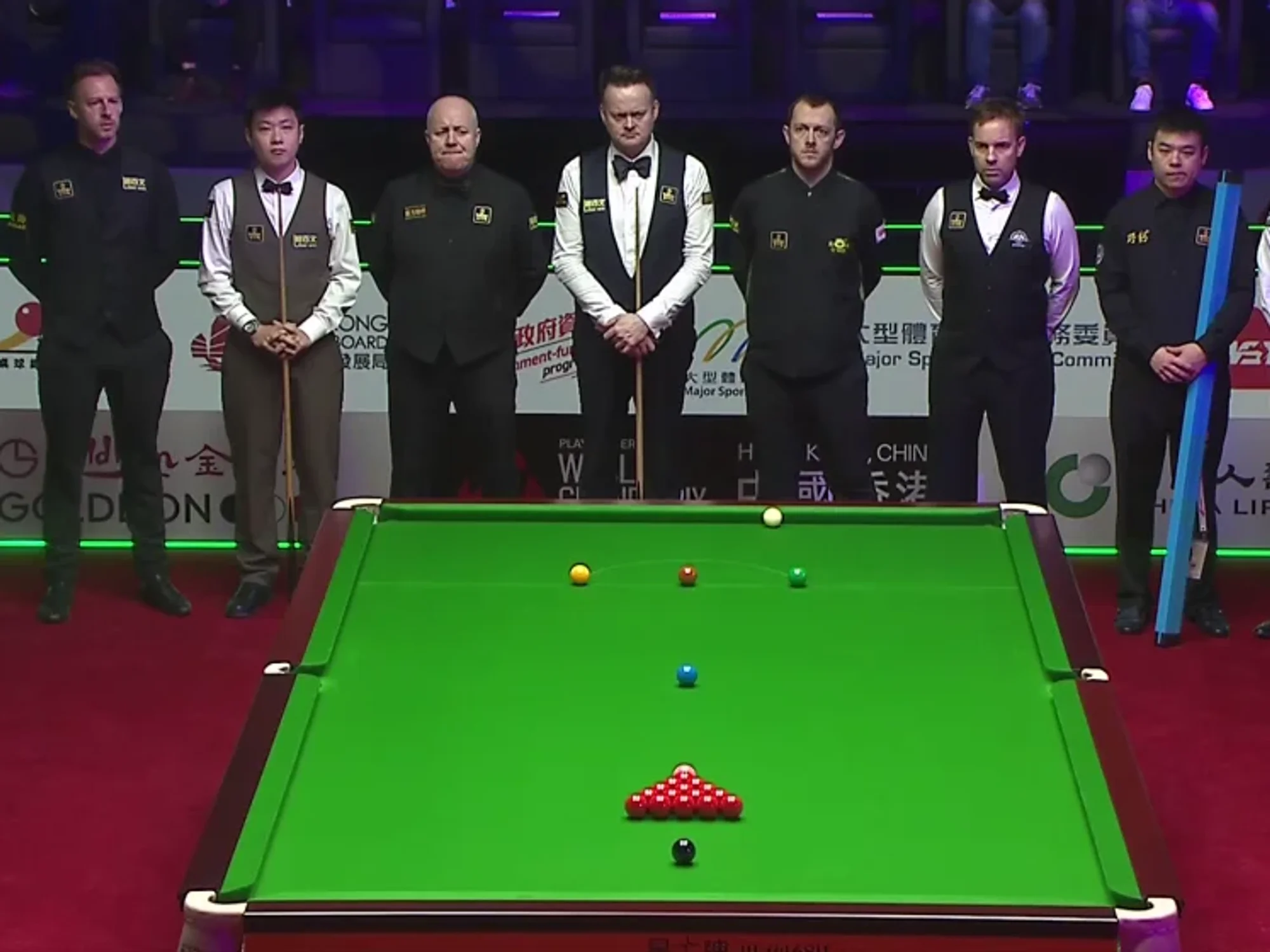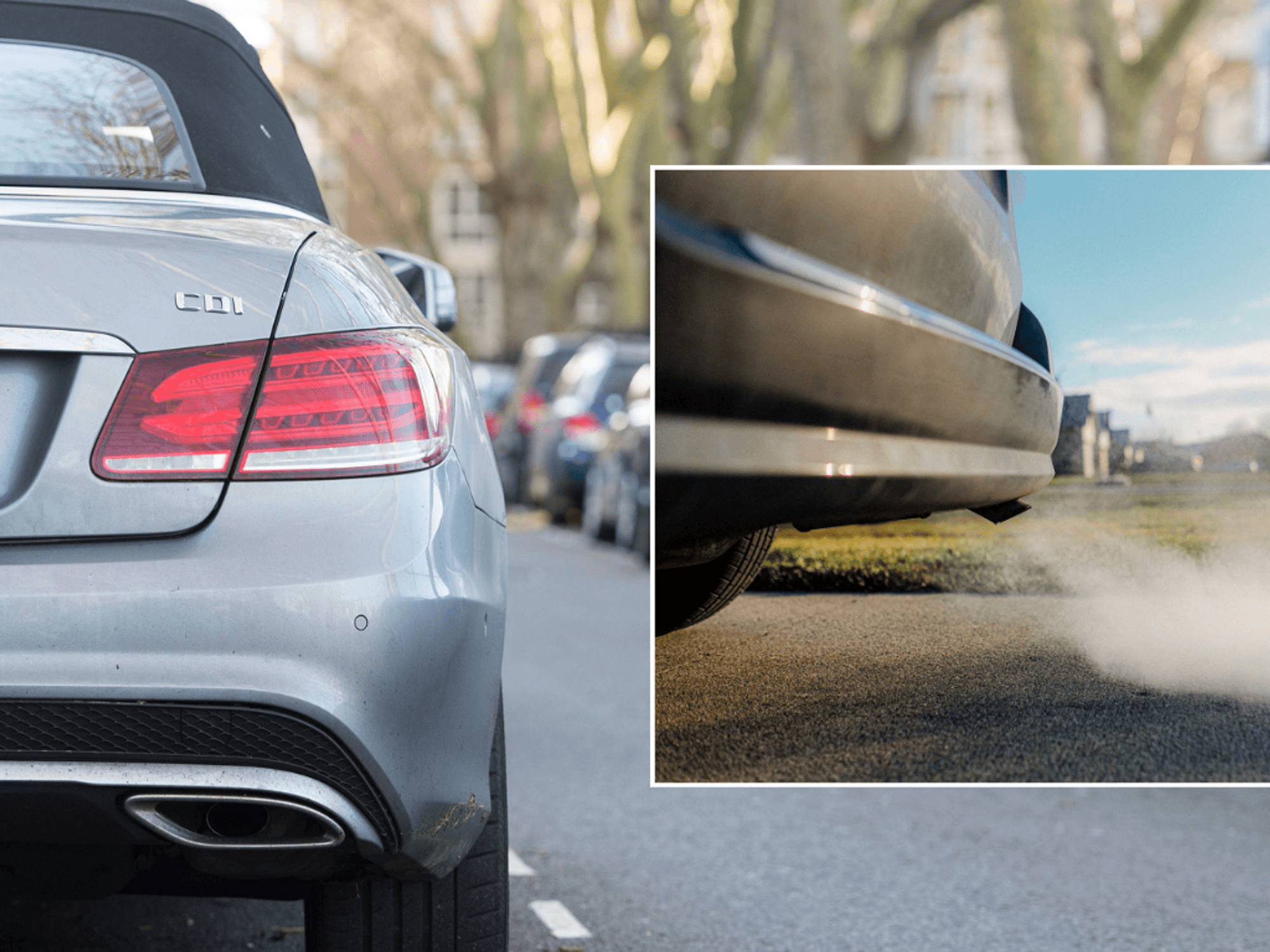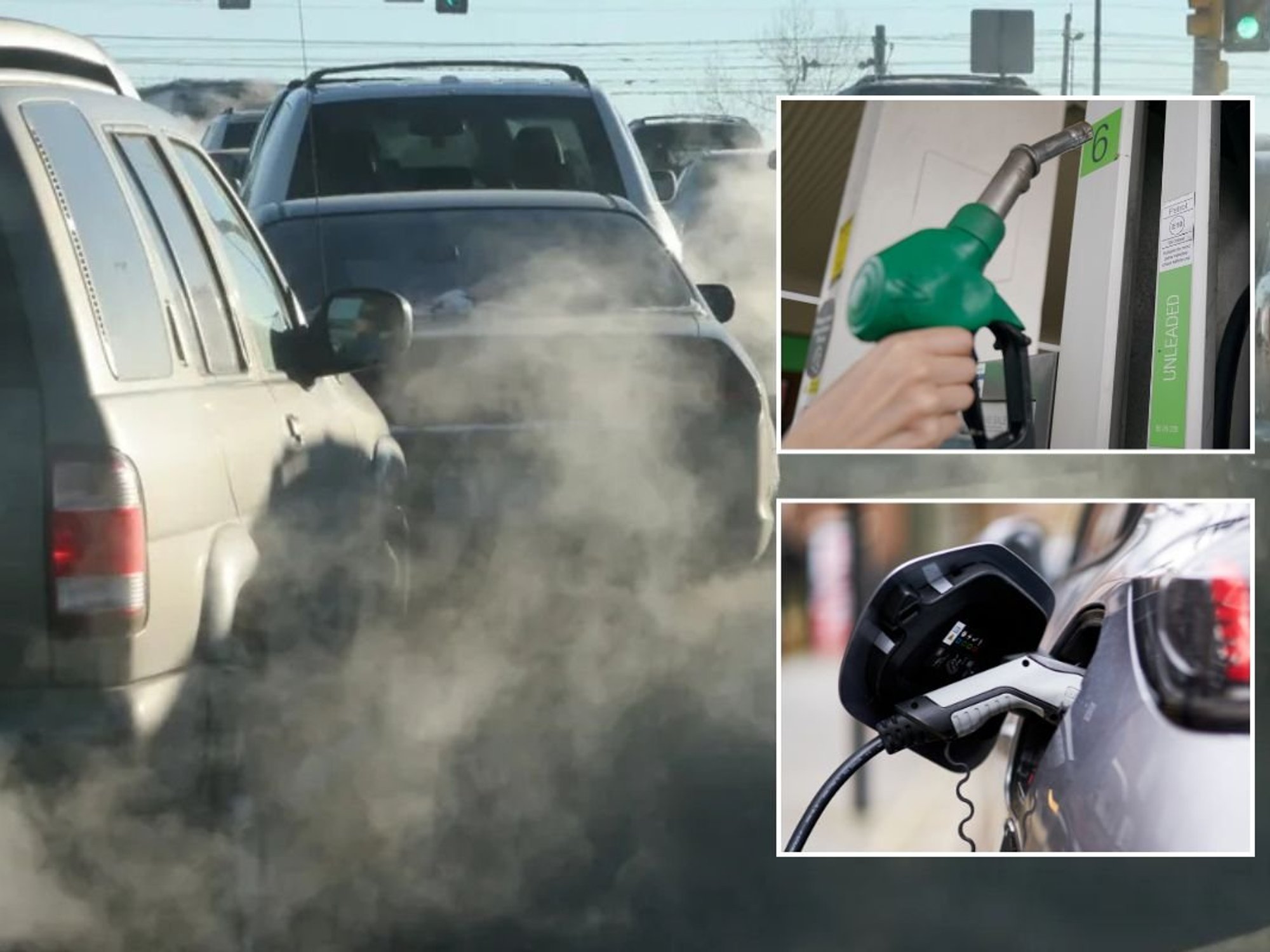'There’s still a long way to go in rural areas': We quizzed an expert on UK plan for streaming-only TV future

All products are independently selected by our experts. To help us provide free impartial advice, we will earn an affiliate commission if you buy something. Click here to learn more
|GETTY IMAGES | GBN

"The move to IPTV will continue to be a gradual convergence rather than an abrupt switch"
Don't Miss
Most Read
There's no doubt about it — UK television is moving to a streaming-only future.
Sky has reduced the number of engineers employed at the company as it pivots to streaming-only products, sometimes called IPTV (Internet Protocol Television). These dish-less options are increasingly popular with viewers too, most visibly the 55-inch Sky Glass — an all-in-one television with everything you need to stream live and on-demand content from Sky TV — became the best-selling television in the UK last year.
As well as major changes for BBC iPlayer, rival Channel 4 has outlined radical new plans to shutter five of its Freeview channels in the coming months and instead consider its streaming service before approving any new commissions.
ITV has shaken up its broadcast business in a race to meet its target of 2.5 million ITVX Premium subscribers by 2026. The Netflix rival offers exclusive boxsets, early access to some shows, and the ability to skip adverts. it costs £5.99 per month.
But the biggest push towards an internet-only television will come from Everyone TV this summer. A joint effort between the UK's biggest broadcasters ― the BBC, ITV, Channel 4, and Channel 5 ― it will replicate the experience of watching Freeview and Freesat with only a Wi-Fi connection. As all live channels will be streamed over broadband, there’s no need to connect your TV to an aerial.
 Freely is a completely new platform that promises to beam terrestrial channels and on-demand content to your Smart TV via broadband — with no aerial or satellite dish needed | EVERYONE TV PRESS OFFICE
Freely is a completely new platform that promises to beam terrestrial channels and on-demand content to your Smart TV via broadband — with no aerial or satellite dish needed | EVERYONE TV PRESS OFFICE Known as Freely, the all-new solution will be preinstalled on a number of Smart TVs in the coming weeks.
There are some obvious advantages to this all-internet approach — you can position your television anywhere in your home with no need to trail an aerial behind it, broadcasts won't be disrupted by stormy weather, and you can seamlessly switch between live broadband and on-demand content.
But is the UK moving too fast towards this all-broadband future?
We quizzed an industry expert to find out. Gabriel Cosgrave is Senior Vice President of Global Sales at Xperi — the parent company of digital receiver brand TiVo, which is used in 90 million households worldwide. So, he knows a thing or two about broadcast television and changing preferences for viewers.
Mr Cosgrave has warned that there is still some work to be done in rural areas to ensure the infrastructure is ready to move away from traditional broadcast technologies.
He told GB News: "Continued investment into infrastructure is crucial to maintain the current pace and ensure everyone can benefit. There’s been significant investment into UK fibre optic networks in anticipation of the growing demand for IP-based services — reflected in urban areas— which are well equipped for IPTV.
"However, there’s still a long way to go in rural areas."
This is something that the Broadcast 2040+ campaign, which brings together over 30 organisations, including the Digital Poverty Alliance and Rural Services Network, echoed in a recent warning to the UK Government.
Forecasts show one in five UK homes will still be without high-speed broadband by 2040 and without preventative action, the march towards streaming-only services could leave millions without access to television or radio from broadcasters like BBC, ITV, and Channel 4.
However, Gabriel Cosgrave is more upbeat about the pace that UK broadcasters are taking with the push to aerial-free future. He tells GB News: "I don’t believe the UK is moving too fast towards IP-based TV.
"The pace appears to be measured and in line with both technological advancements and the increasing demand for more accessible, flexible viewing options.
"While the move to IPTV will continue to be a gradual convergence rather than an abrupt switch, service providers can decide their own destiny. If they want to prioritise IPTV packages, most consumers are in a position and willing to make the move.”
"It will take a few more years and further rural infrastructure investment to fully move away from traditional pay-TV offerings in the UK.”
The UK Government is targeting 99% broadband coverage by 2030, it might seem reasonable to switch off Freeview and other traditional free-to-air broadcast services in the following decade.
LATEST DEVELOPMENTS
- 6 major updates coming to all Sky Glass and Sky Stream viewers
- Thousands still unaware of UK landline switch-off
- Sky Stream: 5 details that Sky never told you about its new TV box
- Update your Roku to unlock improved picture quality
However, a new report from consultancy firm EY has highlighted the significant gap in broadband uptake. If that persists, 18% of UK homes will be left behind ―leaving over 5.5 million premises unable to tune in to live television.
Ofcom figures show that 31% of Britons aged 65 and over don’t currently use the internet at home.
Given the troublesome roll-out of broadband-powered landline phones, which has left Britons scrambling with disconnected landlines, lost numbers, and broken personal alarms, GB News will be keeping a close eye on the move towards IPTV in the UK. Stay tuned.










